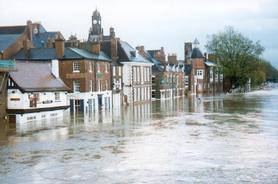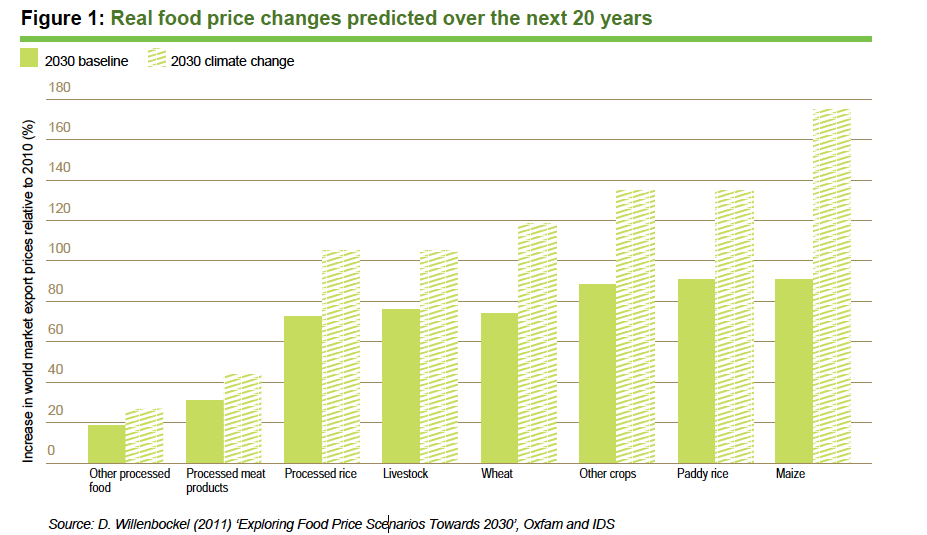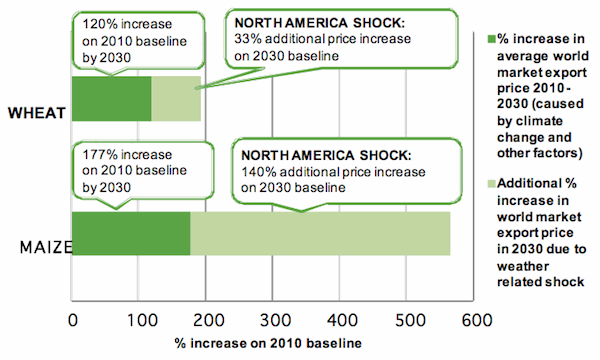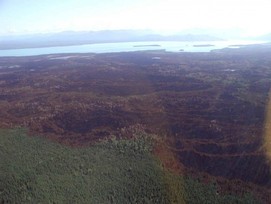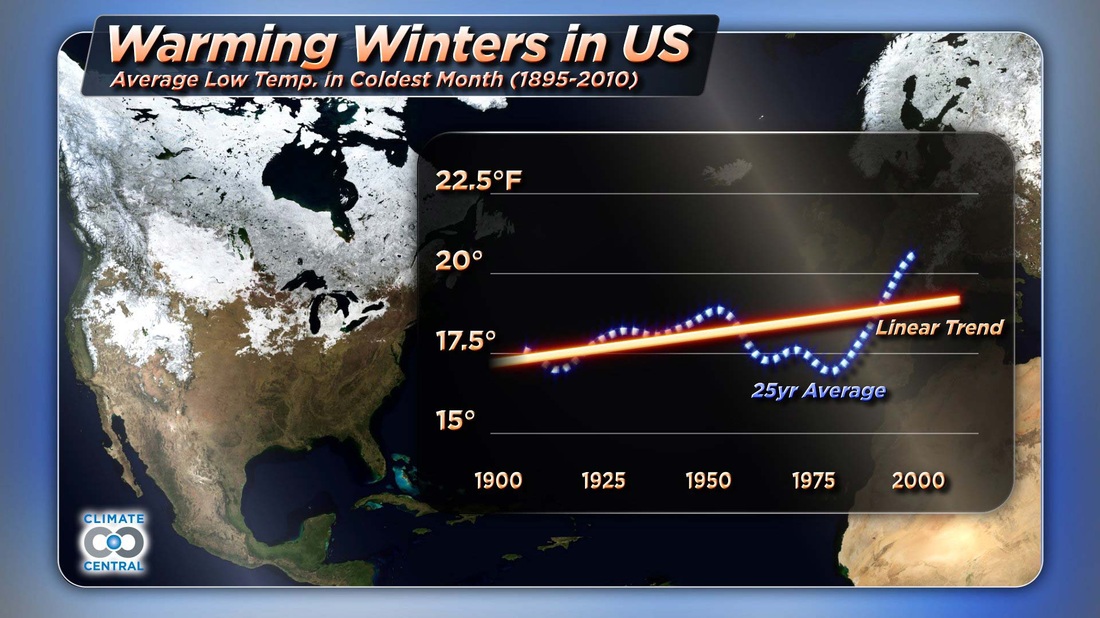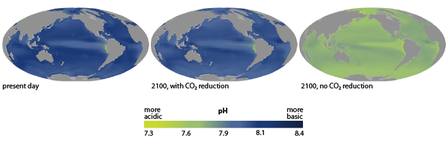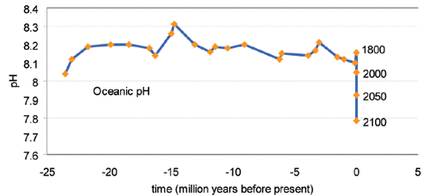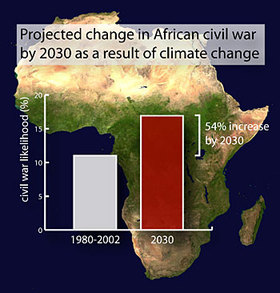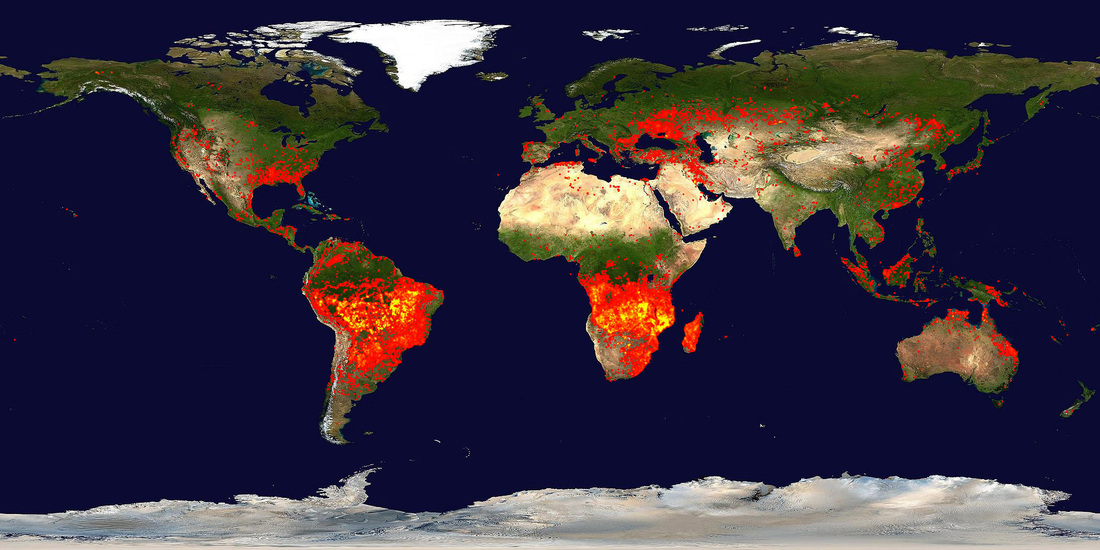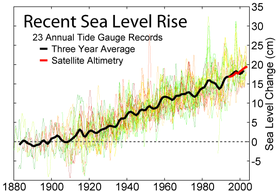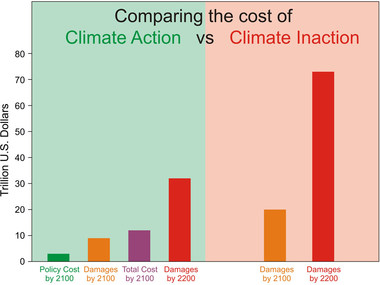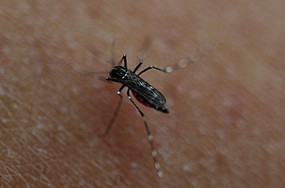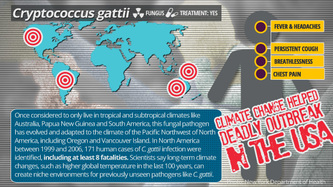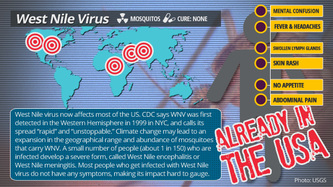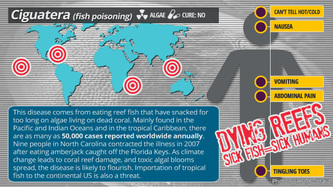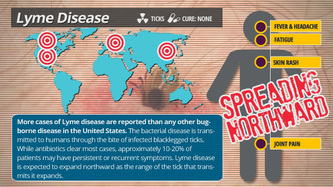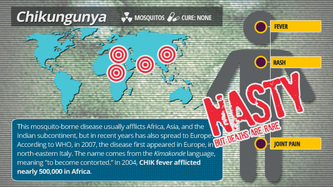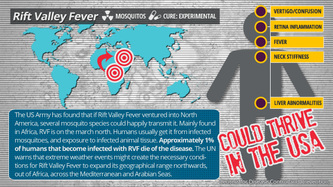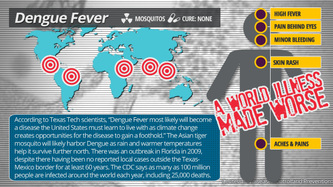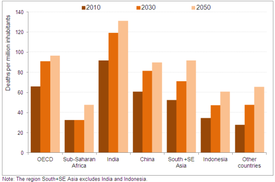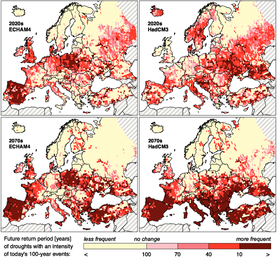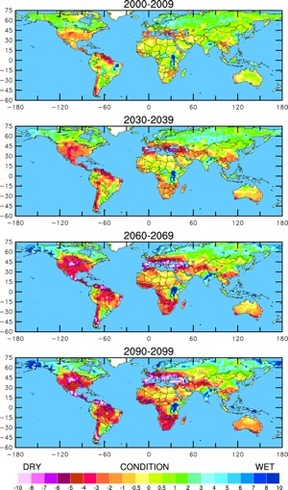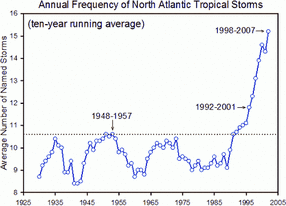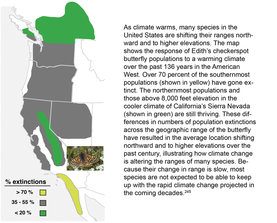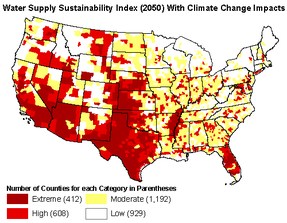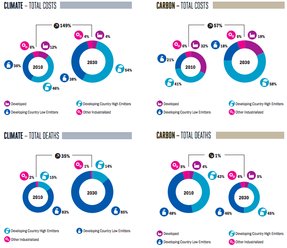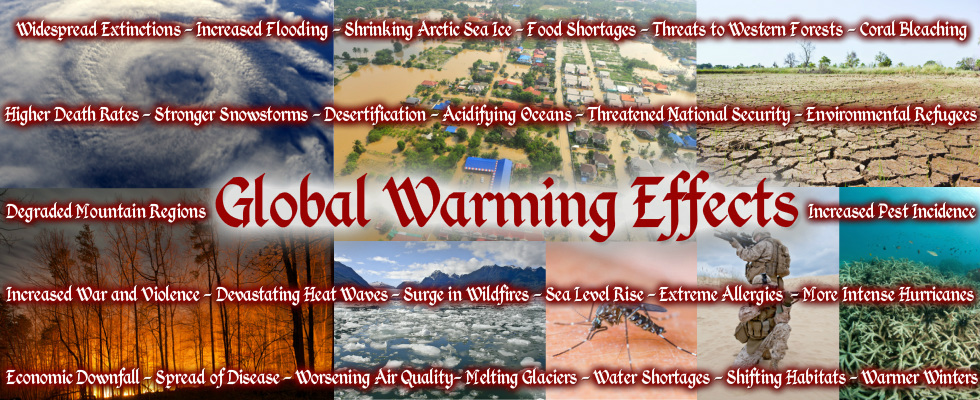
Global Warming Effects
Within five years, the International Energy Agency predicts irreversible climate change. "On planned policies, rising fossil energy use will lead to irreversible and potentially catastrophic climate change… we are on an even more dangerous track to an increase of 6°C [11°F]…. Delaying action is a false economy: for every $1 of investment in cleaner technology that is avoided in the power sector before 2020, an additional $4.30 would need to be spent after 2020 to compensate for the increased emissions.” ~ International Energy Agency World Outlook 2012 Learn more.
"A 4°C warmer world can, and must be, avoided – we need to hold warming below 2°C. Lack of action on climate change threatens to make the world our children inherit a completely different world than we are living in today. Climate change is one of the single biggest challenges facing development, and we need to assume the moral responsibility to take action on behalf of future generations, especially the poorest. If there is no action soon, the future will become bleak. Unless we take action on climate change, future generations will be roasted, toasted, fried and grilled. ” ~ Jim Yong Kim, President, World Bank
U.S. climate assessment warns of devastating 9°-15°F warming over most of U.S.
Compiled by dozens of the country’s top climate experts, their message is clear: if we stay anywhere near our current emissions path, we are headed towards a devastating 9°F to 15°F warming over most of the United States this century, with more and worse extreme weather, heat waves, and droughts. The report notes, “Generally, wet (areas) get wetter and dry get drier.”
Melting permafrost in the Arctic could push the Earth towards climate change that is irreversible on human timescales
According to a report by UNEP, as global warming accelerates, billions of tons of carbon once locked up in permafrost could be released into the atmosphere this century, engaging in a self-reinforcing warming cycle, also known as a positive feedback where extra warming thaws more permafrost, leading to further warming, and so on. Click the image for the UNEP report and the title link for additional information | Image: UNEP report “Policy Implications of Warming Permafrost”
Climate change could make half the world uninhabitable by 2300
According to researchers from the University of New South Wales in Australia and Purdue University in the US, "Under realistic scenarios out to 2300, we may be faced with temperature increases of 12 degrees (Celsius) or even more. If this happens, our current worries about sea level rise, occasional heatwaves and bushfires, biodiversity loss and agricultural difficulties will pale into insignificance beside a major threat - as much as half the currently inhabited globe may simply become too hot for people to live there." Click the image to view the study and the title link for additional information.
"Climate change is the biggest global health threat of the 21st century ... the impacts will be felt all around the world — and not just in some distant future but in our lifetimes and those of our children.” ~ The Lancet, 2009/The world's leading general medical journal
Increased Flooding
Shrinking Arctic Sea Ice
Total Arctic sea ice volume has collapsed to one fifth of its level in 1980. Arctic sea ice volume in 1000s of cubic kilometers (via Robinson). Click to learn more.
Facts on Arctic Climate ChangeFood Shortages

Threats to Western Forests
Warmer Winters and Stronger Snowstorms
Desertification
Acidifying Oceans
Devastating Heat Waves
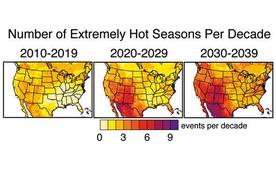
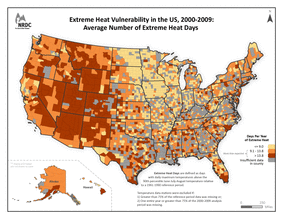
Surge in Wildfires
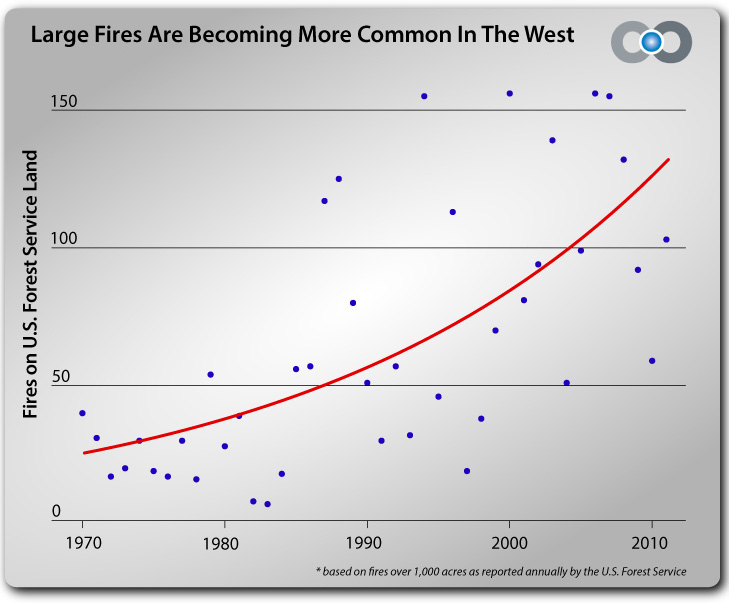
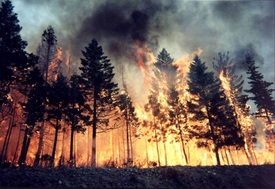
Sea Level Rise
The West Antarctic Ice Sheet has increased 4.3 degrees Fahrenheit (2.4 degrees Celsius) in average annual temperature since 1958, which is three times faster than the average temperature rise around the globe. The West Antarctic Ice Sheet sits largely in the warming ocean, making it vulnerable to melting both due to rising air and water temperatures and contains enough trapped ice to raise sea levels up to 6 meters - almost 20 feet. Image: Debra Tillinger, NOAA/CC BY 2.0 | Click for source
Extreme Allergies
Economic Downfall
"The overall costs and risks of climate change will be equivalent to losing at least 5% of global GDP each year, now and forever. If a wider range of risks and impacts is taken into account, the estimates of damage could rise to 20% of GDP or more. In contrast, the costs of action - reducing greenhouse gas emissions to avoid the worst impacts of climate change - can be limited to around 1% of global GDP each year." ~ Report on the Economics of Climate Change, World Resources Institute
Threatened National Security
Worsening Air Quality
Increased Drought
Melting Glaciers
More Intense Hurricanes
Shifting Habitats
Water Shortages
Environmental Refugees
Degraded Mountain Regions
Increased Pest Incidence
Higher Death Rates
Coral Bleaching





